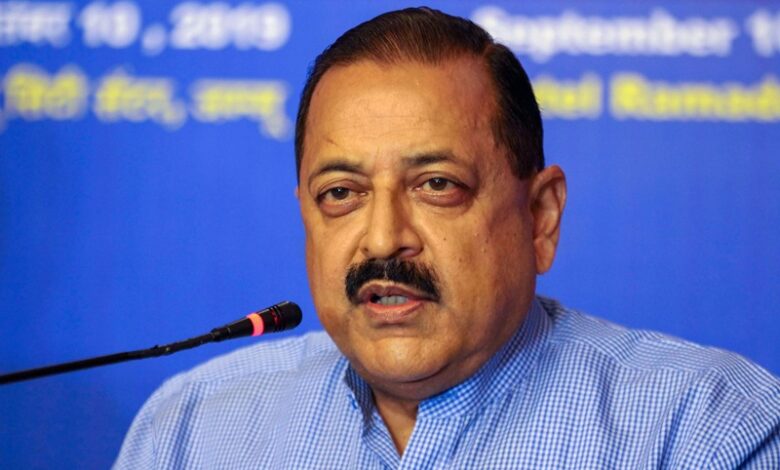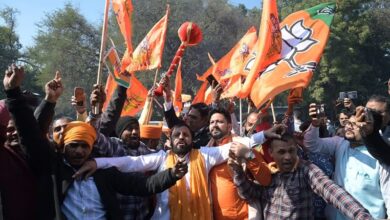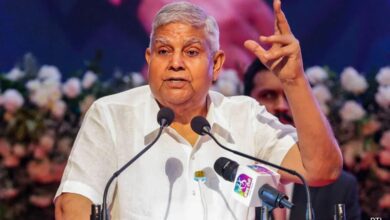PM Modi atoning for sins committed by Congress government: Jitendra Singh
News Mania Desk \ Piyal Chatterjee \ 18th january 2025

Union Minister Jitendra Singh stated on Friday that Prime Minister Narendra Modi is making amends for the wrongs done by the Congress government, citing the triple talaq amendment as an example.
The prime minister has rectified the Congress’ wrongs by introducing the triple talaq amendment to provide justice to the sisters of a specific community and to support the underprivileged, he stated while speaking to the media here.
Singh, present to participate in the state-level ‘Samvidhaan Gaurav Abhiyan’ event, stated that it was the Congress that consistently disrespected BR Ambedkar and sought to defeat him in elections.
The Congress leaders, who have consistently overlooked Baba Saheb both socially and politically, are now feigning loyalty to him for the purpose of securing votes and misrepresenting the statements of BJP leaders. However, the public is aware that the party executed 88 amendments to the Constitution by utilizing or misusing Article 356 for its own benefit, he stated. The minister emphasized that Baba Saheb played a significant role in creating an inclusive Constitution for the country, ensuring justice for the backward classes, Dalits, tribals, and the marginalized, thereby reinforcing the democratic foundation. Every BJP worker holds Baba Saheb’s thoughts and principles in high regard, he remarked.
Singh stated that the Congress administration awarded the Bharat Ratna to former prime ministers Jawaharlal Nehru, Indira Gandhi, and Rajiv Gandhi, mentioning that it was the NDA government that conferred the Bharat Ratna on Baba Bhimrao Ambedkar.
In a jab at the Congress, he remarked that the party is still limited to sons, daughters, and sons-in-law. The minister added that Prime Minister Modi identified five locations linked to Ambedkar — including his birthplace in Mau, Madhya Pradesh, London where he studied, Delhi where he played squash, and Mumbai where he was cremated — and memorials were established at these sites.
Prime Minister Modi showed equal respect to all leaders, including Ambedkar, Sardar Vallabhbhai Patel, Lal Bahadur Shastri, and Dr. Manmohan Singh, whom the Congress overlooked, he mentioned.
While speaking at the ‘Samvidhaan Gaurav Abhiyan’ earlier, state BJP president Rajeev Bindal remarked that the Congress party, which has breached the Constitution multiple times to protect its hold on power, is now attempting to gather public votes by referencing the Constitution. Opposition Leader Jairam Thakur added that Ambedkar had criticized the Kashmir policy, asserting that it would not solve the Kashmir issue, but his views were dismissed.






